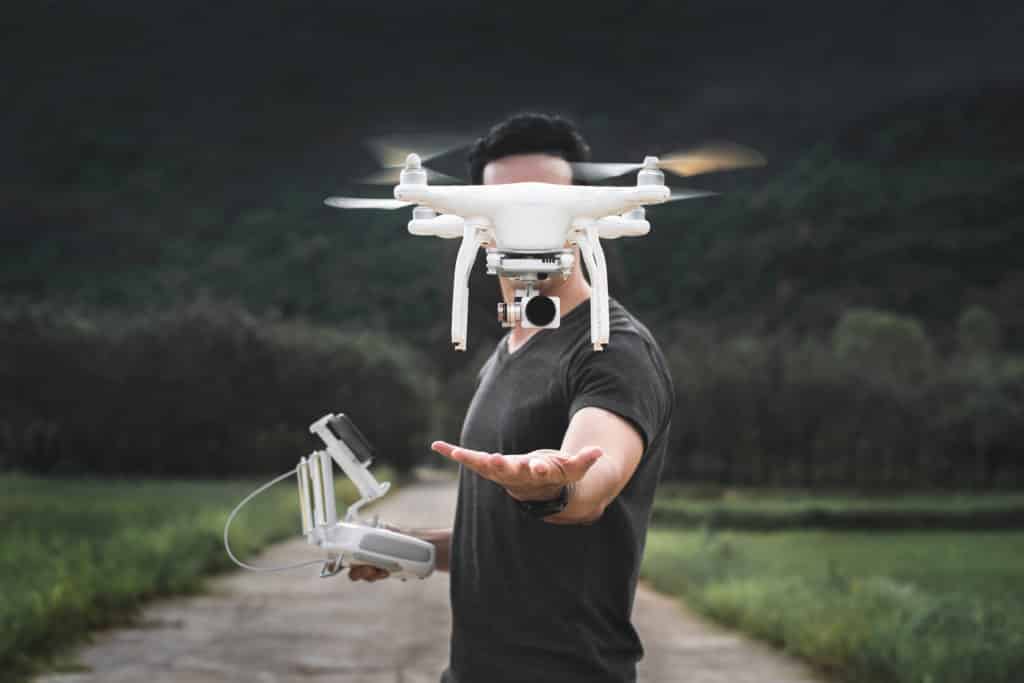
A question that we are frequently asked is whether clients should take out a commercial or recreational policy and the difference between the two types of operations.
In short, the easiest way to decipher this is to ask yourself, do I fall within the recreational definition of use for sport or leisure purposes, if your purpose for flying falls outside of this then we would expect you to purchase a commercial policy to ensure you are fully compliant with EC 785/2004.
The specifics relating to this can be found below where we will clarify the two definitions and how the two policies differ, which should hopefully clear up any grey areas for you.
Commercial Operators
The term “commercial operations” allows for a broad variety of flight applications, which are mostly based around aerial photography or the operation of sensors and other data-gathering devices.
The CAA have provided the below definition for a commercial operation:
“…any flight by a small unmanned aircraft except a flight for public transport, or any operation of any other aircraft except an operation for public transport-
(a) which is available to the public;
or
(b) which, when not made available to the public,
i. in the case of a flight by a small unmanned aircraft, is performed under a contract between the SUA operator and a customer, where the latter has no control over the remote pilot;
or
ii. in any other case, is performed under a contract between an operator and a customer, where the latter has no control over the operator,
in return for remuneration or other valuable consideration.”
The key elements in understanding this term are ‘…any flight by a small unmanned aircraft…in return for remuneration or other valuable consideration’.
The term ‘available to the public’ should be interpreted as being a service that any member of the public can make use of, or actively choose to use, (e.g. because it has been advertised or offered to someone).
Coverdrone’s Commercial Policy Benefits
It is important to highlight that it is a legal requirement for commercial drone operators, within the UK & EU, to obtain commercial drone insurance to conduct their operations. Our commercial policies are fully comprehensive and include a variety of benefits to fit with different operators’ requirements. The following features are included within our policies:
- Flexible periods of cover
- Compliant with EU regulation EC785/2004
- Public & products liability
- New for old equipment cover
- Accidental loss/damage of equipment
- Full cover of equipment whilst in transit and operation
- No restriction on flying hours, number of operators or number of drones
- Aviation liability insurance
- “In-training” cover
- Worldwide cover
- Cover for high risk premises
- Professional indemnity insurance
- Increased costs of working cover
- Reinstatement of data cover
- Hired-in (non-owned) equipment cover
- Photographers public liability insurance
Recreational Operators
A recreational operator is classified as a drone operator that is purely flying the drone for sport or fun/leisure, with no potential commercial gain.
Coverdrone’s Recreational Policy Benefits
Although it is not a legal requirement to obtain hobby drone insurance, our policies provide you with the peace of mind that no matter what happens, we will be there for you. Our recreational policies include the following:
- Flexible periods of cover
- Public liability insurance
- New for old equipment insurance
- Accidental loss/damage of equipment
- Full cover whilst in transit and operation
- No restriction on flying hours or number of drones
- Worldwide cover
- Hired in (non-owned) equipment cover
If you would like to obtain a quote, or simply want some advice, please do not hesitate to contact a member of our team.
Coverdrone explain the difference between commercial and recreational drone operators and the difference between the two insurance policies
